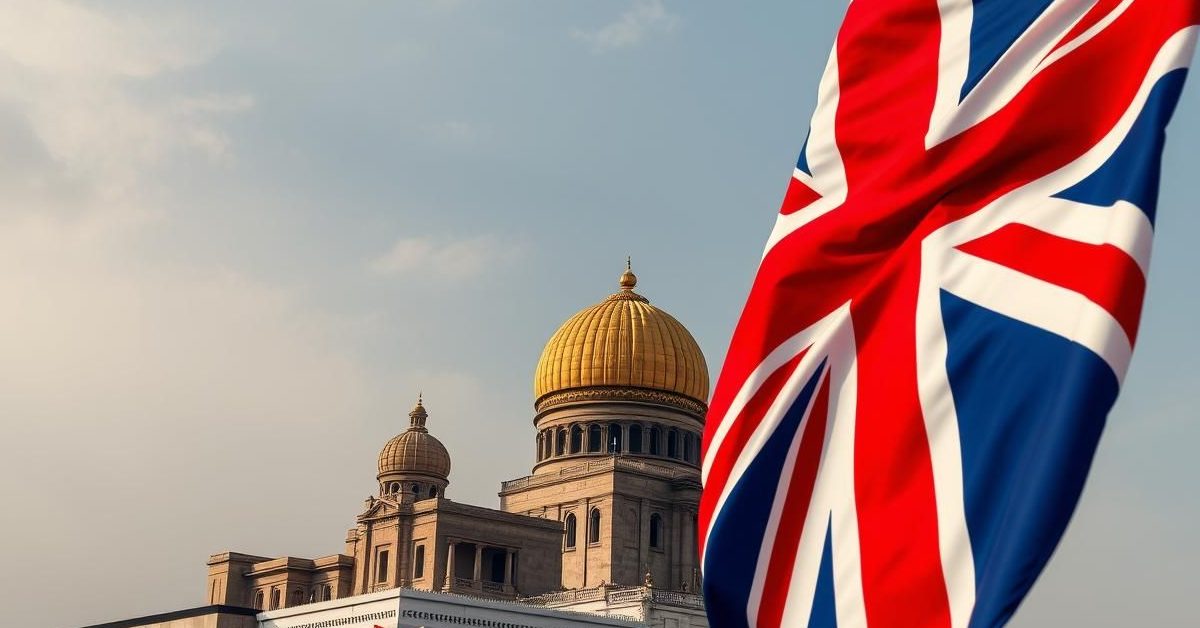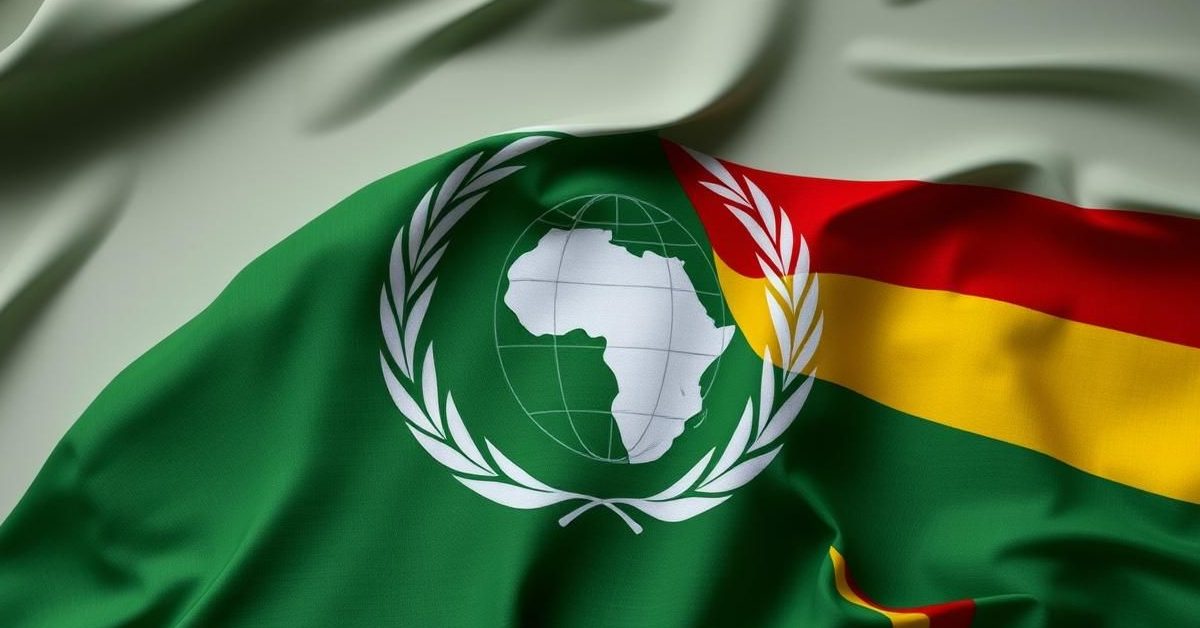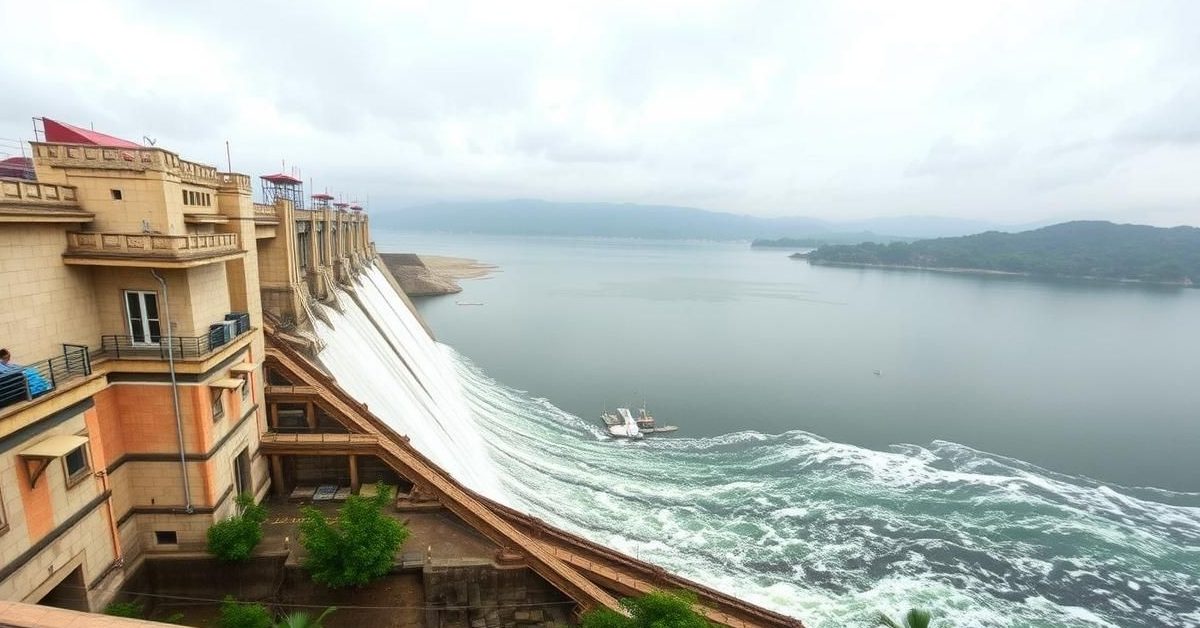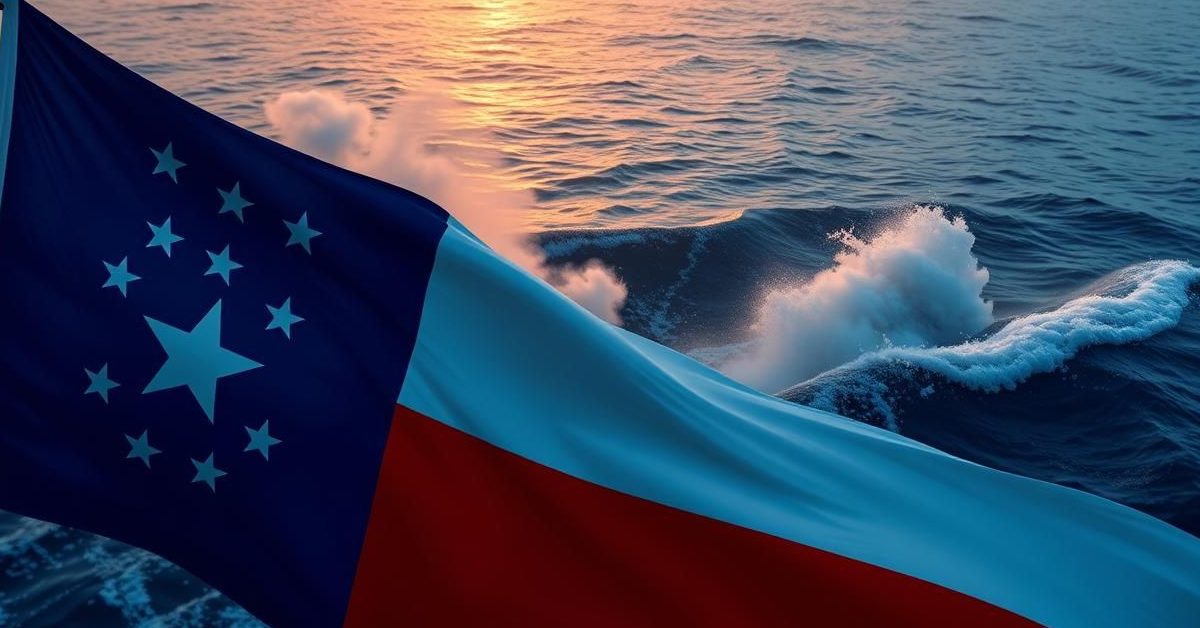This week saw India secure a major trade deal with the UK, renewed concerns over China’s mega dam on the Brahmaputra, a deepening humanitarian crisis in Gaza, and continued border clashes between Thailand and Cambodia.
India Forges Landmark Trade Deal with UK
India and the UK have signed their first comprehensive trade agreement, paving the way for significantly enhanced market access. This landmark deal grants duty-free access for 99 percent of India’s exports to the UK, covering crucial sectors like textiles, leather, footwear, gems, and engineering goods.
The agreement is expected to boost India’s export-oriented and job-creating industries. For example, UK duties of up to 20 percent on textiles will be eliminated, giving India a competitive edge. Similarly, tariffs on marine products, dairy, meat, tea, and coffee have been scrapped.
For the UK, average tariffs on products will drop from 15 percent to 3 percent. This will benefit sectors such as aerospace, automotives, and electrical machinery. Tariffs on UK-origin alcohol have been halved, though a minimum import price will protect India’s domestic liquor market. Luxury vehicles will also see reduced duties on a quota basis.
The deal also eases the exchange of services, allowing temporary employees to pay social security contributions only in their home countries. This means greater take-home salaries for workers in critical areas like IT and financial services.
India’s Broader Diplomatic Engagements
Following the UK deal, Prime Minister Narendra Modi visited the Maldives, launching talks on a Free Trade Agreement (FTA) and announcing a substantial line of credit. This marks a positive shift in relations, emphasizing shared goals for peace and stability in the Indian Ocean Region.
Meanwhile, India’s trade talks with the US continue to face hurdles, particularly concerning sensitive sectors like agriculture and automobiles. US President Donald Trump’s tariff policies have spurred countries to seek new markets, highlighting the strategic importance of such agreements.
China’s Mega Dam Raises Concerns
Despite recent efforts to improve India-China ties, Beijing’s massive hydropower project on the Yarlung Tsangpo River (Brahmaputra in India) has caused alarm in New Delhi. Arunachal Chief Minister Pema Khandu described it as a “ticking water bomb,” fearing potential downstream impacts.
This $167 billion project, China’s largest since the Three Gorges Dam, is expected to generate 60 gigawatts of power. While most of the Brahmaputra’s waters originate in India, the dam could disrupt water flow and impact India’s own proposed hydro projects in the Northeast.
India and China have a Memorandum of Understanding on sharing river flow data, but transparency has been an issue. India is advancing its Upper Siang Multipurpose Project to counter China’s upstream developments.
Gaza on the Brink of Catastrophe
The humanitarian crisis in Gaza has reached a critical point, with reports of widespread starvation deaths. The Gaza Health Ministry confirmed numerous fatalities due to malnutrition, particularly among children, as aid remains severely obstructed.
Israel imposed a total blockade, and aid agencies accuse the Israeli government of deliberately hindering humanitarian supplies. International bodies, including the UN, have warned of families breaking down amid the hunger crisis.
India has joined international calls for an immediate ceasefire, uninterrupted humanitarian aid, and the release of Israeli hostages. However, peace talks between Israel and Hamas appear stalled, deepening fears for the two million people trapped in Gaza.
Thailand-Cambodia Border Clashes Persist
Clashes on the Thai-Cambodian border have continued for a third day, forcing tens of thousands to flee their homes. The conflict has resulted in dozens of deaths and displaced over 130,000 people, marking the worst fighting between the two nations in over a decade.
The dispute centers on undemarcated border points and the ownership of ancient Hindu temples like Preah Vihear. The UN Security Council has urged both sides to de-escalate, show restraint, and resolve the dispute peacefully, encouraging the ASEAN bloc to intervene. India has advised its citizens to avoid traveling to the border areas.
- India’s trade deal with the UK grants duty-free access for 99% of Indian exports, significantly boosting key sectors.
- Concerns persist over China’s mega dam on the Brahmaputra, raising fears of downstream impact on India’s Arunachal Pradesh.
- Gaza faces a severe humanitarian crisis with widespread starvation due to aid blockades.
- Border clashes between Thailand and Cambodia have displaced thousands and led to multiple fatalities.
These global developments underscore the complex interplay of trade, geopolitics, and humanitarian challenges shaping the world this week.















